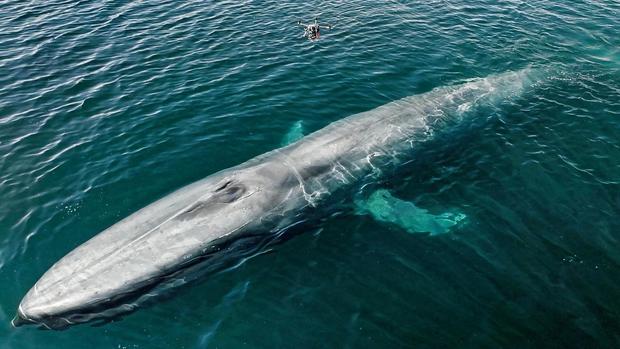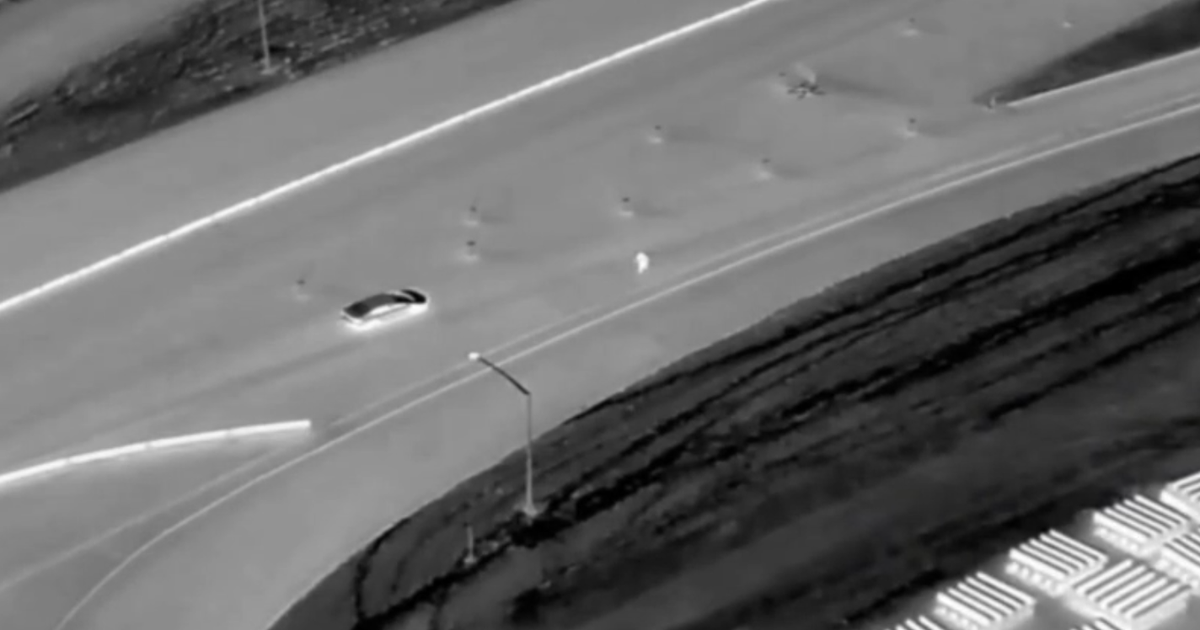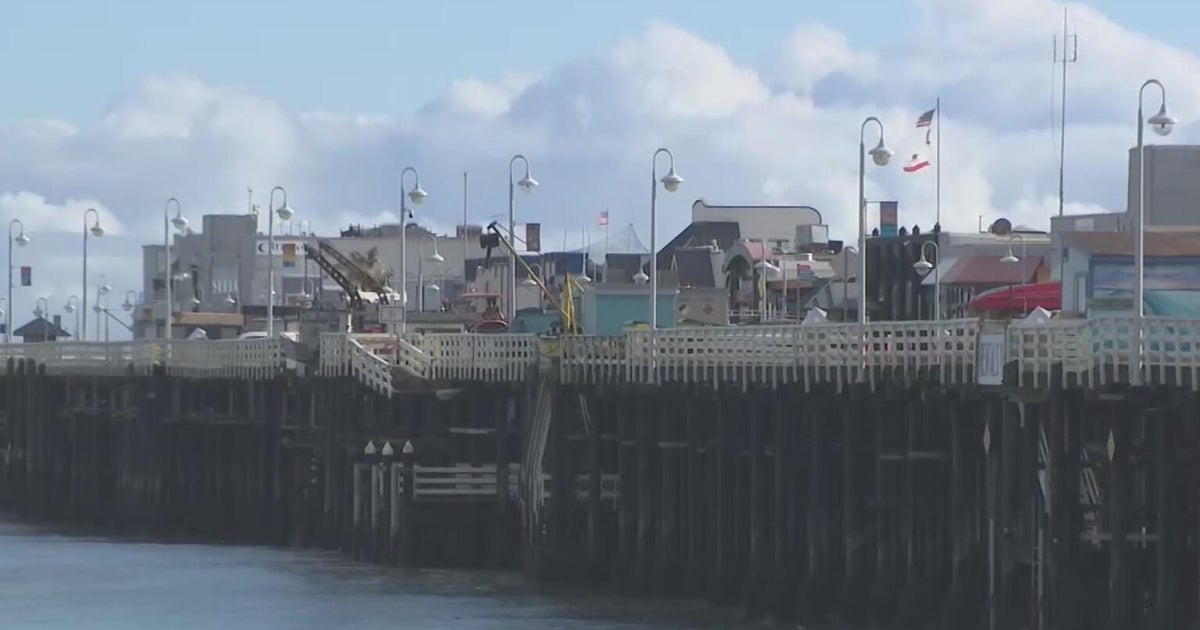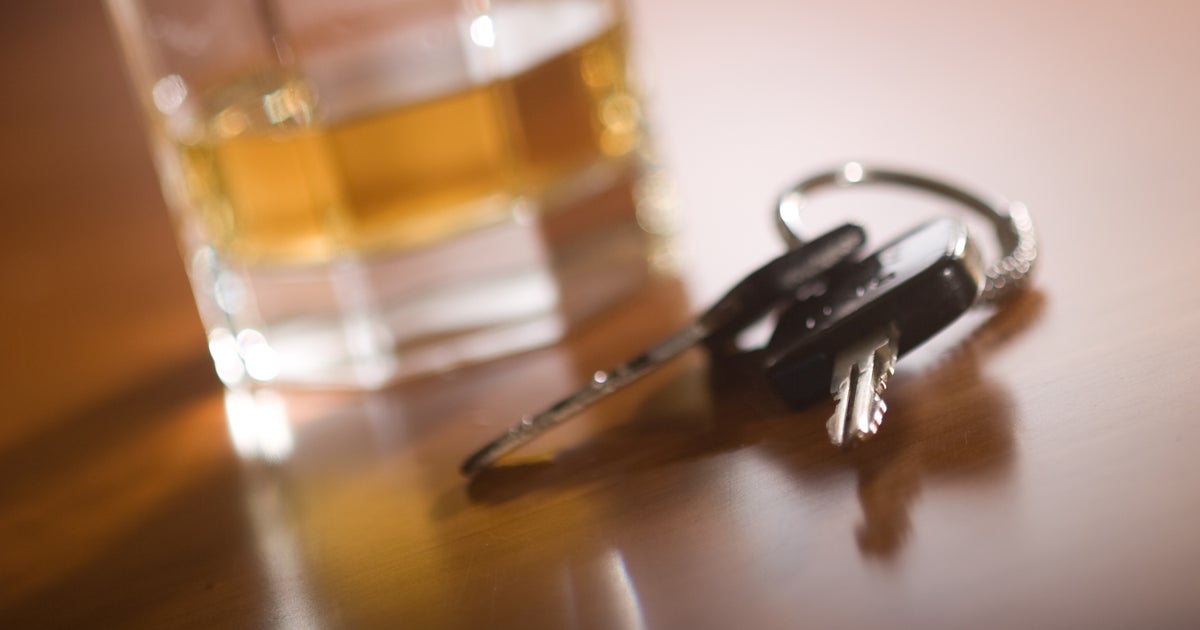Gloucester-based Ocean Alliance tags endangered whales using "SnotBot" drone for first time
GLOUCESTER – A group from Gloucester is using drones to tag whales from coast to coast. We first brought you their story last year, but since then their work has expanded.
Ocean Alliance created data tags that suction cup to a whale's back. Scientists used to have to jab a tag onto a whale, but now Ocean Alliance is dropping their tags from drones like lawn darts.
"These have accelerometers, orientation, so we can finally go into the abyss with the whale and see how they lived their lives," said Dr. Iain Kerr, CEO of Ocean Alliance, "If they stay on for 24-hours great. The problem was to get these tags onto a whale they would have to get within 15-feet of a whale with a pole. You might like Arnold Schwarzenegger, but if he drove up to you on a motorcycle with a gun on his back making all this noise dressed up like terminator, your behavior would be changed."
They just tagged gray whales off the coast of Seattle. It was the first time those whales have been tagged. These new tags can also monitor heart rate, and some even have cameras.
"We had this tag on a blue whale at over 600 feet, and what was interesting, the whale was feeding. It was coming up so you are looking up into the silhouette of the prey," said Dr. Kerr.
Next week their team will be dropping tags onto sei whales near Boston. Dr. Kerr says very little is known about these whales because traditionally they are very difficult to tag.
He also says the vast majority of the air we breathe comes from phytoplankton in the ocean. To survive, these phytoplankton need fertilizer.
"Want to know where this fertilizer comes from? Whale poop! I think one whale is equal to 30,000 trees in its lifetime," explains Dr. Kerr, "That sun beating down on phytoplankton is giving us two out of three every breaths we take."









